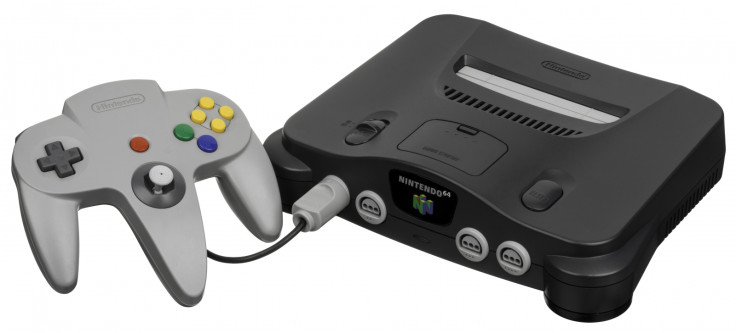ESA: Preserving old video game consoles in museums is tantamount to 'illegal hacking'

The Entertainment Software Alliance (ESA) and other bodies in the entertainment industry are trying to prevent museums and scientists from preserving old video game consoles and video games, saying that modifying the software and hardware is tantamount to "hacking".
The Electronic Frontier Foundation (EFF) in the US is trying to get exemptions made to Section 1201 of the Digital Millennium Copyright Act – a US copyright law that prevents anyone from circumventing access controls and technical protection measures in a copyrighted system, which is required when ripping movies and games from DVDs to make them available for people to download illegally.
There is only a finite amount of time that video games remain supported by their creators, and to save money and help to pay for new products, all software and hardware companies eventually stop releasing updates and patches and offering support for older technology.
Around the world, there are organisations and individuals that are keen to keep and preserve technology in the same way that the tools of man's past have been preserved in museums for the last 200 years, including local museums, as well as the Internet Archive.
"Many player communities, along with museums, archives, and researchers, want to keep the games they own playable after publishers shut down the servers the games depend on. Section 1201 creates legal difficulty for these communities, which is why we've asked the Copyright Office to give them an exemption," writes the EFF in a blog post.
The EFF says that the ESA, which represents game publishes, as well as the Motion Picture Association of America (MPAA) and the Recording Industry Association of America (RIAA) have all written to the Copyright Office opposing the exemption as they think that modifying old game consoles will send a message that "hacking—an activity closely associated with piracy in the minds of the marketplace—is lawful".
The associations have also reportedly said that enabling old gaming technology to work again "will destroy the video game industry", according to the EFF and is undermining the principles of the copyright law.
But the EFF argues that most game developers and programmers that work in the game industry for big game companies and game console producers like Electronic Arts, Nintendo, Sony and Microsoft all learnt what they know by hacking existing technology to learn how it was made.
"If 'hacking', broadly defined, were actually illegal, there likely would have been no video game industry," writes the EFF.
"Games abandoned by their producers are one area where Section 1201 is seriously interfering with important, lawful activities—like continuing to play the games you already own.
"Thanks to server shutdowns, and legal uncertainty created by Section 1201, [researchers'] objects of study and preservation may be reduced to the digital equivalent of crumbling papyrus in as little as a year. That's why an exemption from the Copyright Office is needed."
© Copyright IBTimes 2025. All rights reserved.



















